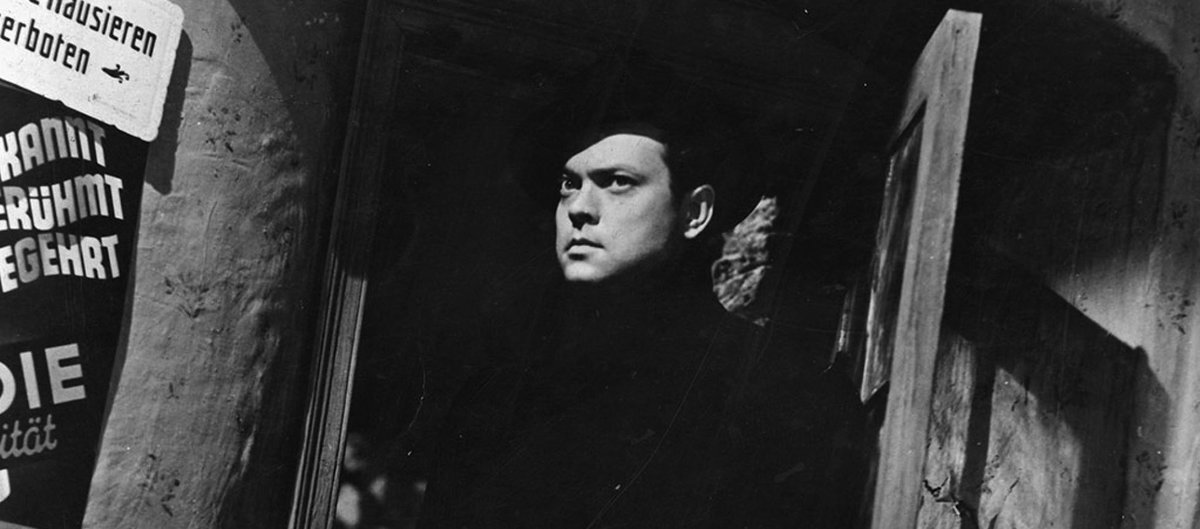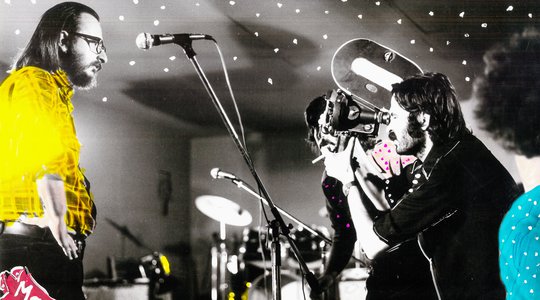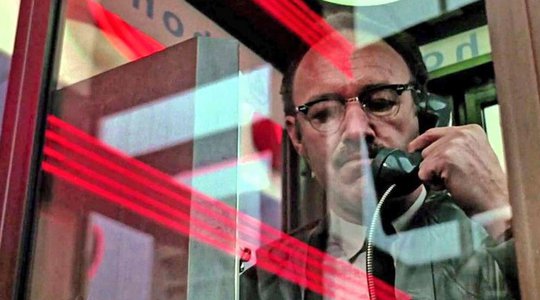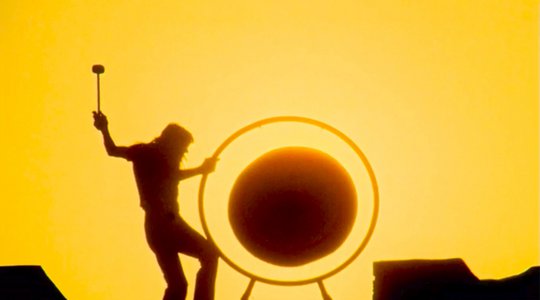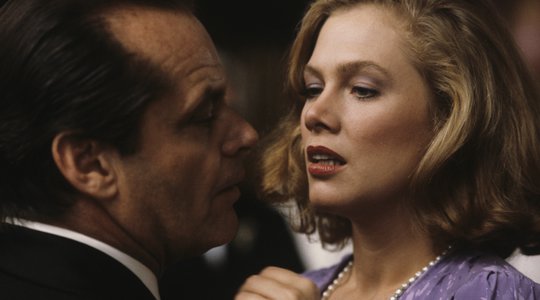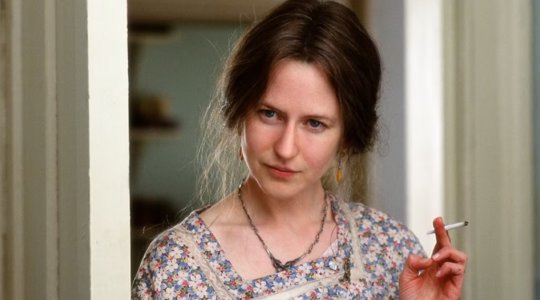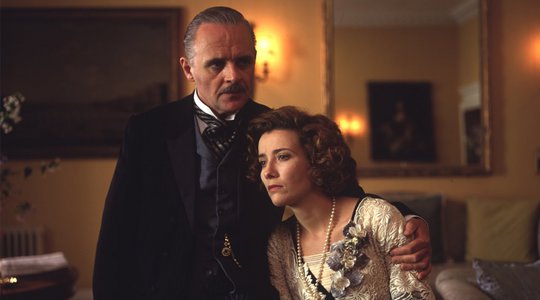The Third Man
When: Wednesday 18 June | 21:30
Πού: Mitropoleos Square | Free Admission
The film will be screened in a digitally restored print.
Directed by: Carol Reed
Starring: Joseph Cotten, Orson Welles, Alida Valli, Trevor Howard
Duration: 108 minutes
Year of Production: 1949
Behind Graham Greene’s brilliant script, Carol Reed’s striking direction, Anton Karas’s unorthodox zither score, Robert Krasker’s expressionistic chiaroscuro cinematography, and Orson Welles’s legendary brief appearance lies what is arguably the most influential film noir in British cinema history. At its core, however, The Third Man remains a human drama — the story of a handful of individuals set against the bleak, bomb-scarred ruins of postwar Europe.
It’s the story of Harry Lime, a charming amoralist who sells his soul to the devil and vanishes into the shadows of a crumbling city. It’s also the story of Holly Martins, a naïve pulp novelist whose black-and-white notions of good and evil unravel under the weight of moral ambiguity. And it's the story of a woman clinging to a false identity and the fading memory of love, as well as that of a disillusioned British officer determined to expose Lime’s deadly crimes. Together, their stories compose a haunting portrait of a continent trying to rebuild itself amid devastation and moral collapse.
In the most iconic of their three collaborations, Greene and Reed weave these intertwined narratives into the labyrinthine streets of a baroque Vienna — a city that becomes both a hyper-real setting and a powerful metaphor. On one hand, it is a shattered metropolis plagued by black-market dealings, heavy surveillance, and collective trauma. On the other, it serves as a symbolic reflection of a disordered postwar world governed by the unwritten laws of survival, where justice and lawlessness blur into indistinction.
A near-perfect film — the kind of cinematic achievement that belongs to another era — The Third Man was voted the greatest British film of all time in a poll conducted by the British Film Institute. Loukas Katsikas




